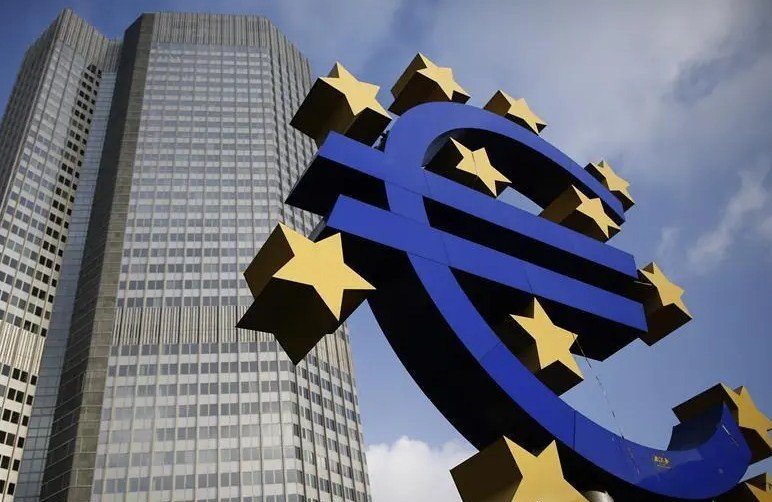South Africa’s private sector activity grew for the first time in six months in August, according to a survey released on Monday. The S&P Global South Africa Purchasing Managers’ Index (PMI) rose to 51.0 in August from 48.2 in July, indicating an expansion in business activity. The survey attributed the improvement to increased demand and output, as well as a slower rise in input costs.
Improved demand and output
The survey found that new orders increased for the first time since February, as domestic and foreign demand improved. This led to a rise in output, which also expanded for the first time in six months. The survey noted that some firms reported higher sales due to the easing of Covid-19 restrictions and increased vaccination rates.
The survey also showed that employment increased slightly in August, ending a five-month sequence of job losses. However, the rate of job creation was marginal and below the historical average. Some firms reported difficulties in finding suitable staff, while others cited financial constraints as a reason for not hiring more workers.
Slower rise in input costs and output prices
The survey revealed that input costs rose at the slowest pace since January, as both purchase prices and staff costs increased at softer rates. The survey attributed the slower rise in input costs to a weaker rand exchange rate, which reduced the cost of imported goods. However, some firms also reported higher prices for fuel, electricity, and raw materials.
Output prices also increased at a slower pace in August, as firms faced competitive pressures and tried to stimulate demand. The survey noted that some firms were unable to pass on higher input costs to their customers due to weak market conditions.
Challenges and uncertainties remain
Despite the positive signs of recovery in August, the survey also highlighted some challenges and uncertainties that could hamper the growth of the private sector. The survey pointed out that domestic factors such as rolling power cuts by state power utility Eskom, supply disruptions, and political instability continued to pose risks to business activity. The survey also mentioned that the Covid-19 pandemic and its variants remained a threat to public health and economic activity.
The survey’s economist, David Owen, said that “August’s upturn does little to turn the tide after a dismal performance in 2023 so far. Progress on these issues would certainly prove beneficial to South African companies in the latter part of this year.”
The survey’s results contrasted with those of other regions, where business activity slowed down further in August due to weak demand and rising inflation. In the euro zone, the dominant services sector contracted for the first time this year, while in China, the services sector expanded at the slowest pace in eight months.

